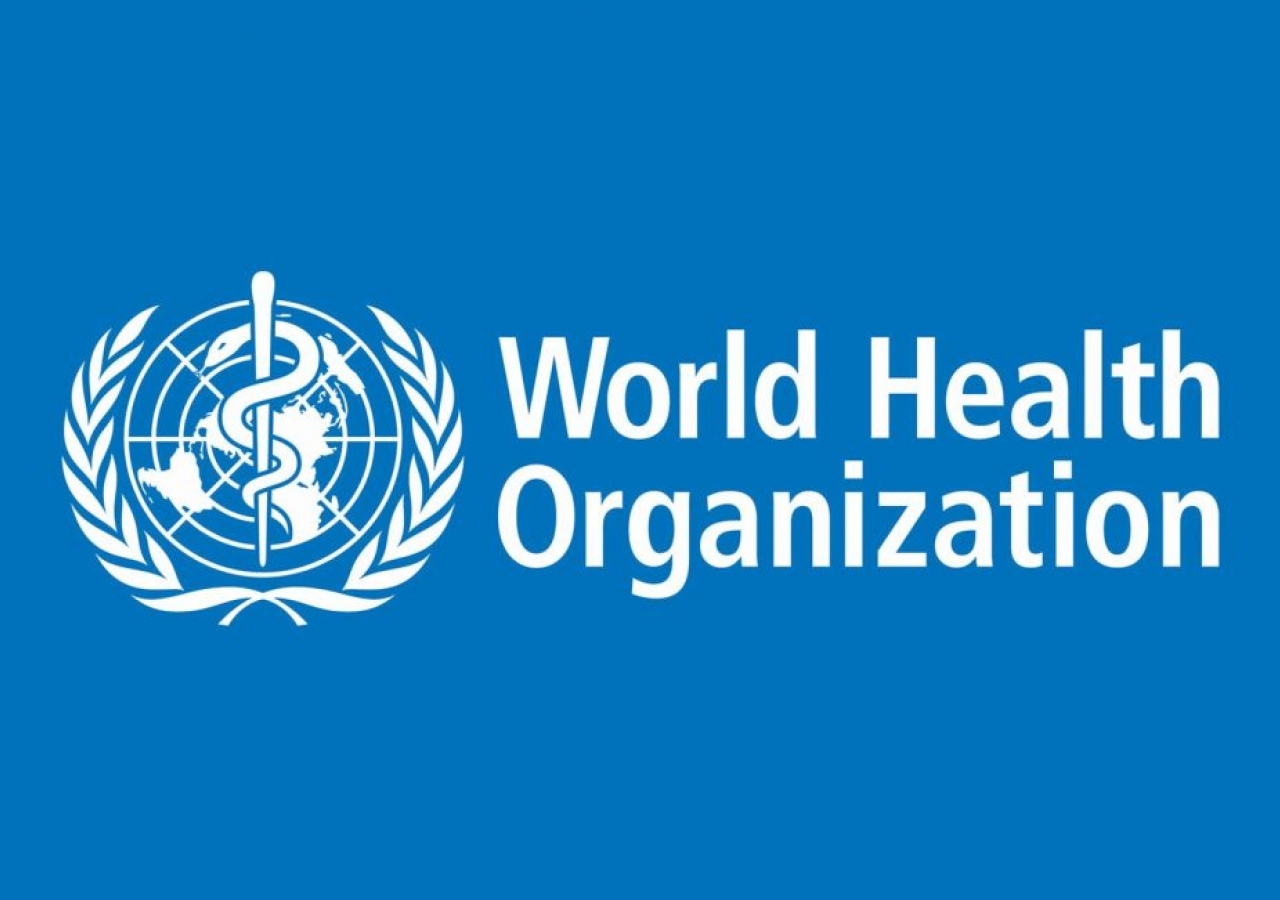In remarks to WHO Member States, the Director-General Dr. Tedros Adhanom Ghebreyesus said the Panel will be co-chaired by former Prime Minister of New Zealand Helen Clark and former President of Liberia Ellen Johnson Sirleaf. Prime Minister Clark went on lead the United Nations Development Programme and President Sirleaf is a recipient of the Nobel Peace Prize.
Operating independently, they will choose other Panel members as well as members of an independent secretariat to provide support.
“Prime Minister Clark and President Sirleaf were selected through a process of broad consultation with Member States and world experts. I cannot imagine two more strong-minded, independent leaders to help guide us through this critical learning process,” said Dr. Tedros in his speech.
At the historic 73rd World Health Assembly in May, Member States adopted a landmark resolution that called on WHO to initiate an independent and comprehensive evaluation of the lessons learned from the international health response to COVID-19.
“This is a time for self-reflection, to look at the world we live in and to find ways to strengthen our collaboration as we work together to save lives and bring this pandemic under control,” said Dr. Tedros. “The magnitude of this pandemic, which has touched virtually everyone in the world, clearly deserves a commensurate evaluation.”
Dr. Tedros proposed that a Special Session of the Executive Board be called in September to discuss the Panel’s progress. In November the Panel will present an interim report at the resumption of the World Health Assembly.
In January 2021, the Executive Board will hold its regular session, where the Panel’s work will be further discussed; and in May of next year, at the World Health Assembly, the panel will present its substantive report.
The Director-General noted that the Independent Oversight and Advisory Committee for the WHO Health Emergencies Programme will also continue its existing work.
“Even as we fight this pandemic, we must be readying ourselves for future global outbreaks and the many other challenges of our time such as antimicrobial resistance, inequality, and the climate crisis,” said Dr. Tedros. “COVID-19 has taken so much from us. But it is also allowing us to break with the past and build back better.”







